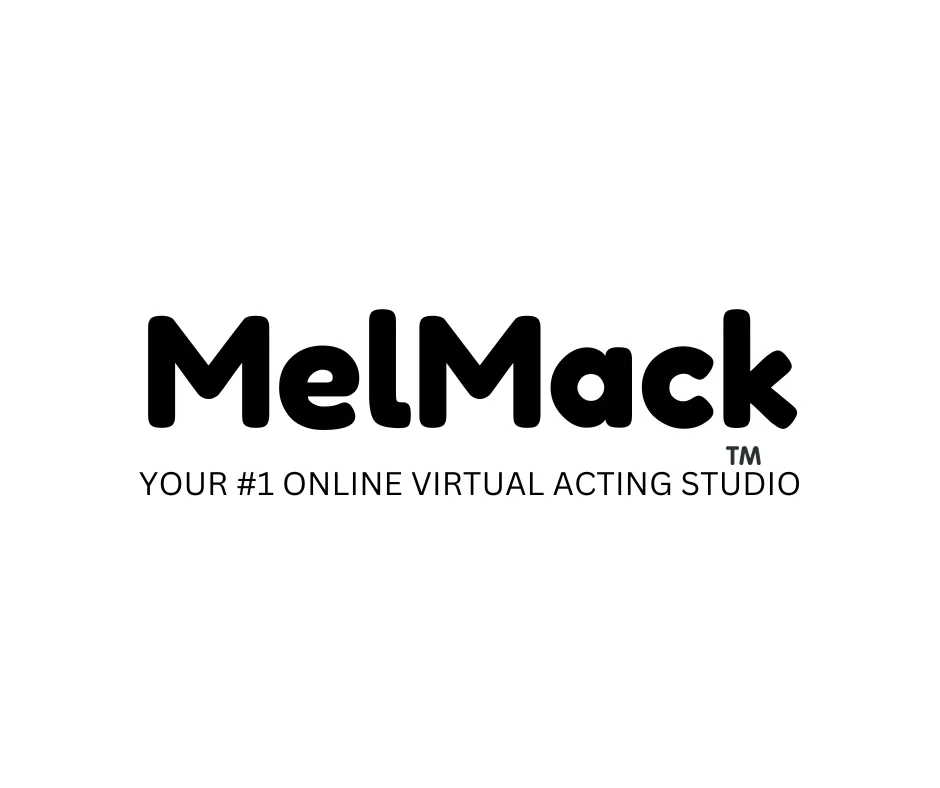
How Can We Help You.
I Consent to Receive SMS Notifications, Alerts & Occasional Marketing Communication from company. Message frequency varies. Message & data rates may apply. Text HELP to (212) 414-4777 for assistance. You can reply STOP to unsubscribe at any time.
